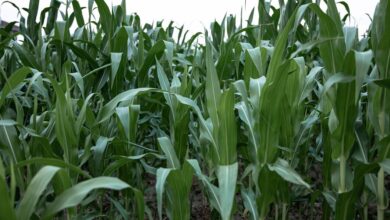Apply As a Civil Engineer in Lagos

A Real Estate and Construction company in Lagos, is looking for dynamic and highly skilled candidates to fill the vacant position of:
Job Position: Civil Engineer

Job Descriptions
Coordinate and direct projects, making detailed plans to accomplish goals and directing the integration of engineering activities with business priorities.
Provide professional advice and assistance to the Engineering department.
Undertake technical and feasibility studies including site investigations to determine whether it is appropriate for project description.
Use a range of computer-aided design packages for developing detailed designs.
Develop realistic, well thought-out project plans and manage resources to achieve plan goals
Coordinate and direct projects, making detailed plans to accomplish goals and directing the integration of technical activities.
Analyze technology, resource needs, and business requirements, to plan and assess the feasibility of projects
Manage relationships with key engineering suppliers – capital and revenue expenditure.
Work with a team of Engineers, with emphasis upon on-going process improvement
Build and maintain relationships with key stakeholders as well as external vendors and service providers.
Recommended Course to Learn: BTS and Microwave Installation Training
JOB REQUIREMENTS
MIN REQUIRED EXPERIENCE:
1 year(s)
MIN QUALIFICATION:
Bachelor’s Degree/HND
DESIRED COURSES:
• Civil Engineering • Building Technology
OTHER REQUIREMENTS:
Minimum Qualification
Minimum of HND/BSc in Engineering preferably Civil engineering, Building Technology etc
5 – 8 years experience in the construction industry including a supervisory role for experienced hires
1-2 years post NYSC experience for entry level Engineers.
Click here to apply: http://bit.ly/1KrKqaO




